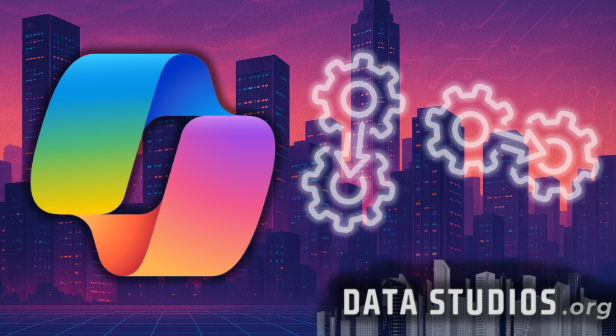Microsoft Copilot integrations with productivity suites in 2025
- Graziano Stefanelli
- Aug 16, 2025
- 3 min read

Microsoft Copilot has grown into a central workspace assistant that connects the Microsoft 365 suite with a broad set of third-party platforms. It now retrieves, summarises, and updates information across documents, chats, CRM records, and project systems—reducing the need to switch between applications.
The current integration framework is built on native Office embeddings, Microsoft Graph connectors, and Copilot Studio custom agents. These enable Copilot to work with both Microsoft’s own apps and external tools like Confluence, Jira, Salesforce, and ServiceNow.
Copilot is embedded across the Microsoft 365 core applications.
Copilot appears as a side-panel in Word, Excel, PowerPoint, Outlook, Teams, and Designer. It adapts its functions to the active app:
Application | Example capabilities |
Word | Draft sections, rewrite text in a different tone, summarise long docs |
Excel | Generate formulas, explain trends, build pivot tables from queries |
PowerPoint | Create slide outlines, summarise input documents into bullet points |
Outlook | Suggest replies, sort messages, highlight urgent items |
Teams | Produce meeting recaps, extract action items, summarise threads |
Designer | Generate alt-text, suggest layouts |
Business and enterprise plans include these features in their subscription, while consumer accounts can add them with a paid monthly upgrade.
CRM and service platform integrations automate case handling.
Copilot for Service integrates into Salesforce Service Cloud and ServiceNow. It can pull related cases, surface relevant knowledge-base articles, suggest draft replies, and automatically route tickets.
Platform | Integration method | Key functions |
Salesforce | Context-aware panel inside Service Cloud | Related case retrieval, KB look-ups, draft replies |
ServiceNow | OpenFrame widget in agent workspace | Ticket routing, knowledge surfacing, escalation suggestions |
Configuration is handled through the Copilot for Service portal, with permissions managed at the admin level.
Graph connectors bring external content into Copilot and Search.
Microsoft Graph connectors index external data so Copilot and Microsoft Search can retrieve it without duplicating the source files.
Connector | Indexed content | Notable details |
Confluence Cloud | Pages, comments, attachments | Requires OAuth re-authentication with new scopes |
Jira Cloud | Issue fields (status, assignee, due date) | Supports only Jira Cloud, not on-prem |
Azure DevOps/ServiceNow escalation | Incident and work item sync | Bi-directional updates in real time |
Copilot Studio enables live data grounding for custom agents.
Copilot Studio’s real-time knowledge connectors allow developers to build agents that query up-to-date SaaS data. Recent updates to Teams Toolkit let developers select Graph connectors directly during setup.
Common live data connectors in use:
Dataverse: Pulls structured CRM and Power Apps data
Jira: Reads issue boards and project metadata
ServiceNow: Queries incident and change management records
The Dataverse connector deepens CRM integration.
The Dataverse connector feeds structured business data into Copilot’s responses. It supports scenarios like generating customer summaries, forecasting sales, or preparing service reports without opening separate CRM dashboards.
Source | Example use case |
Power Apps CRM | Pull customer history into a chat |
Dynamics 365 Sales | Create a sales forecast from pipeline data |
Connector gallery provides over 100 pre-built integrations.
Administrators can browse the Microsoft Search & Copilot connector gallery to deploy pre-built connectors for productivity, development, CMS, and HR tools. These are managed centrally, with controls for which users can access which sources.
Administrative and privacy controls manage integration behaviour.
Admins can restrict which connectors are active, limit data retention, and block features like voice uploads. Users also have access to a Temporary Chat mode that prevents storing session transcripts. In Office apps, Copilot now supports pitch and speed controls for voice output to improve accessibility.
Microsoft Copilot’s integration model has shifted from single-application assistance to cross-platform orchestration. With its embedded app panels, connectors, and live data grounding, it functions as a single point for retrieving and acting on information scattered across multiple systems. When deployed with carefully selected connectors and proper admin governance, Copilot becomes not just an assistant, but a unified interface for work across Microsoft 365 and connected platforms.
____________
FOLLOW US FOR MORE.
DATA STUDIOS


